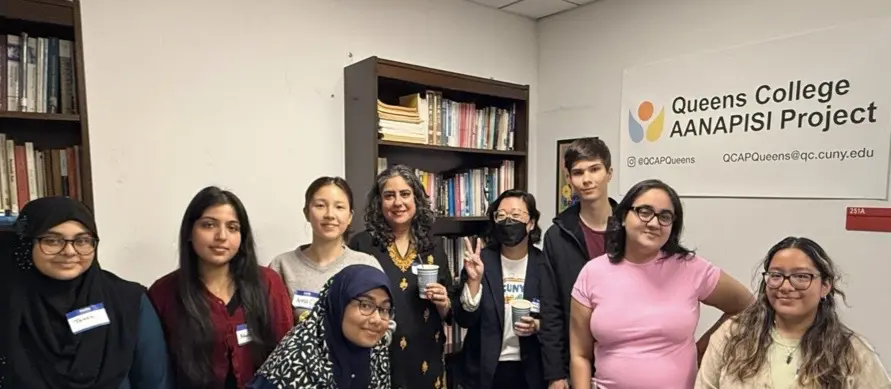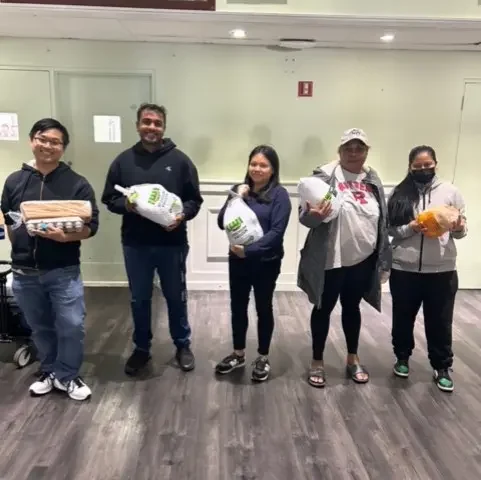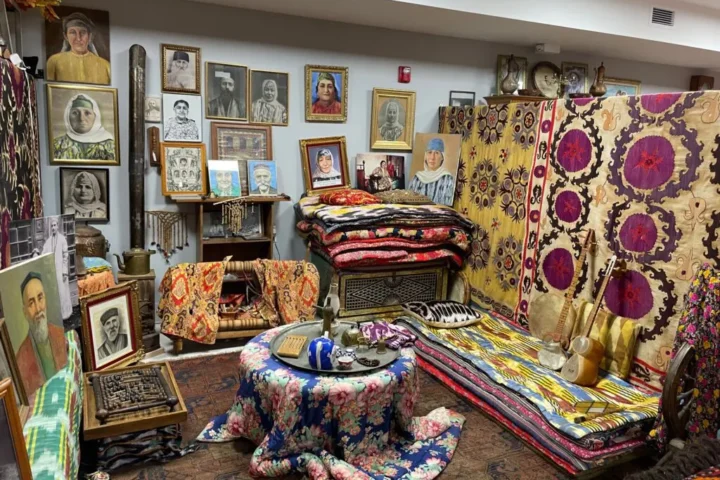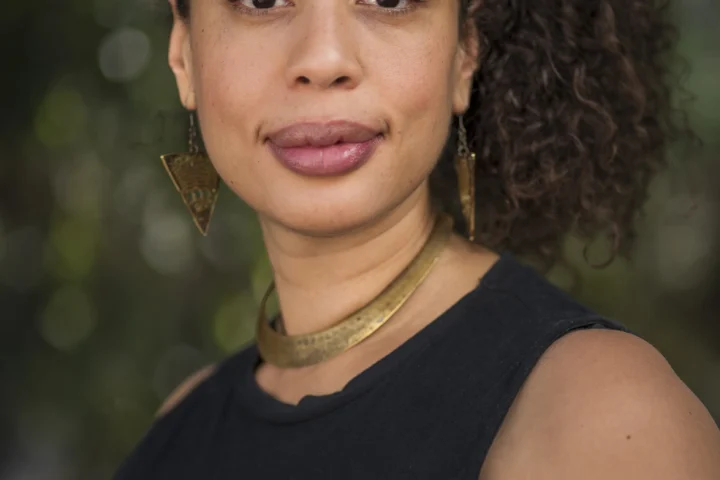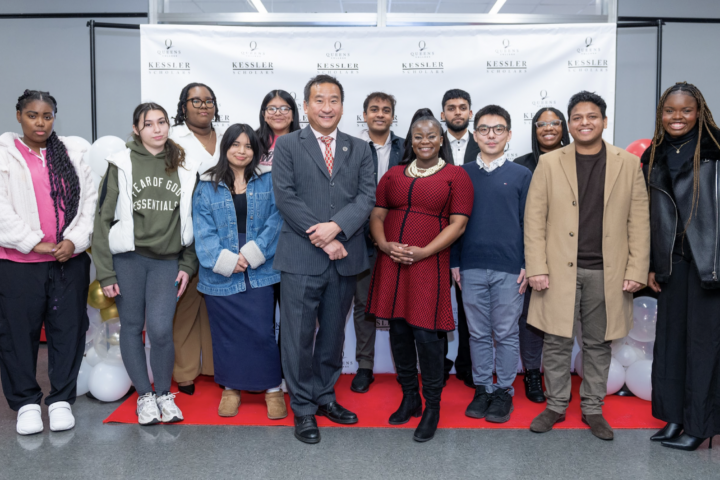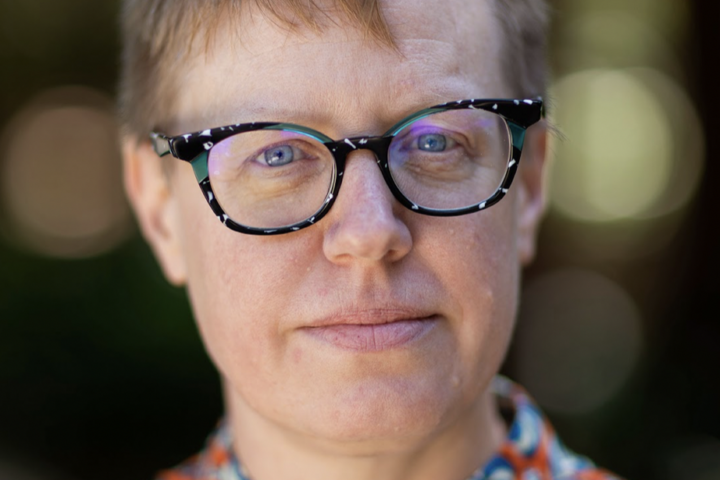Queens College has long housed unique majors, but its minors open new opportunities for knowledge and cultural competence, specifically through the revival of the Asian American Community Studies (AACS) minor. The minor’s creation was inspired by the student-led activism of the 1960s advocating for ethnic studies, racial justice, and third world liberation.
The minor was established through the Asian/American Center, which was led by Professor Madhulika Khandelwal and Hong Wu. It was originally designed to enrich and share the experiences of the Asian American communities in Queens and beyond.
Professor Caroline Hong, director and lead PI, and Professor Soniya Munshi, co-director, have actively worked together to revive the minor and bring a new unique experience for students. Both professors emphasized how 30% of Queens College’s population identifies as Asian American/Pacific Islander, with Queens housing more than half of NYC’s AAPI population.
“Our vision for the minor is that our programming and courses reflect our communities as fully as possible and, in particular, attend to the specific histories, cultures, politics, and contemporary issues relevant to AAPI communities that are often not considered in dominant ideas of who is Asian/Asian American,” Professors Hong and Munshi cowrote in a statement shared with The Knight News.
The minor is a stepping stone for students to learn about relevant issues and gain insights into research opportunities. All the AACS courses are open to students of all backgrounds who are willing to learn about Asian American communities and engage in related studies.
The minor consists of an 18-credit sequence by which students are required to take three core courses and three electives. One of these required courses has been coined as “a service-learning or research focused capstone.”
However, the minor faces the challenge of making itself known to students. Professor Hong and Professor Munshi shared that, “We are also hosting informal info sessions in collaboration with QCAP — the next one is a Chai and Cocoa Chat during Free Hour on Wednesday 11/20 in the QCAP Space (PH 251). We will also be launching AACS programming next Spring.”
Another challenge has been expanding the course offerings and finding faculty with specialization in Asian American and Asian diaspora studies. For Spring 2025, students can enroll in two core courses: Immigrant Communities in Queens (AACS 107) taught by Professor Khandelwal and Asian American Communities: Culture, Power, and Agency (AACS 220) taught by Professor Munshi, alongside other courses that fulfill the elective requirement.
What makes the curriculum relevant is its connection to the post COVID-19 world. Both professors noted, “We expect that this course will be a place where students will learn with/from local communities and organizations about the current issues that are impacting them, including the ways that COVID-19 has shaped their needs and concerns.”
The Asian American community studies minor offers students access to deeper parts of forgotten history. Showcasing the diasporas within the Caribbean, the Pacific Isles, and African subcontinent that are traditionally excluded in standard discourses. Embracing the diaspora’s unique lens lets students gain insight into migration, community formation, globalization, and the historical creation of empires.
Professor Hong and Professor Munshi added, “This means working from a critical understanding of who makes up Asian Americans and where they may trace their roots as well as ongoing relationships.”
Understanding the vast diversity within the Asian American community and the complex roots of people who identify as AAPI has been an ongoing effort. Both professors ensured that there is support from various disciplines across campus “and a strong working relationship with QCAP, a USDOE-funded grant project that supports the academic success, mental health, and community engagement of QC’s diverse and underserved AAPI students.”
The relaunch of the minor is a pivotal point in QC’s history, and is significant for students looking to enhance their cultural awareness and understanding of global historical dynamics.
Students are encouraged to keep informed via the QCAP website, and the @qcap.queens Instagram for more updates.


